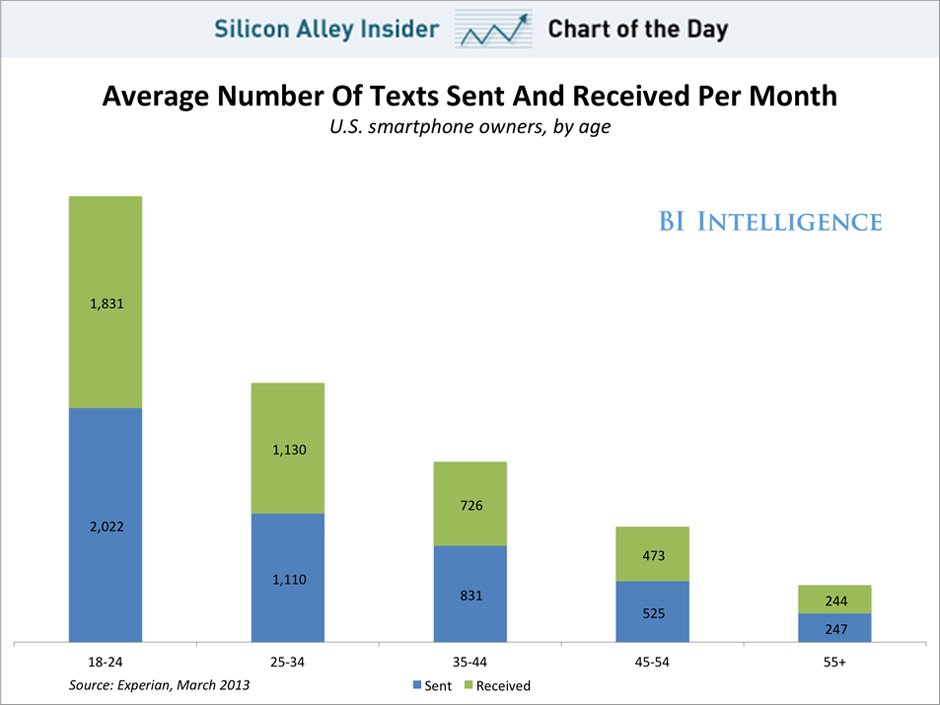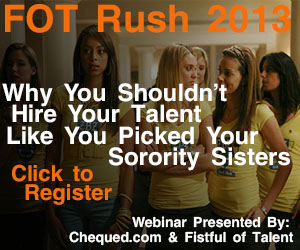Please tell the robot where you see yourself in five years
Note: I warned you on Monday - it is unofficially 'robot week' here on the blog. Bail out now if this is not your kind of thing. Don't worry, I won't know if you did. Probably.
Researchers and engineers have long identified manufacturing, warehouse operations, and even more 'advanced', complex, and interactive processes like patient and elder care as potentially fertile ground for the further automation and robotization of the economy and society. While each new encroachment of these increasingly better, smarter, cheaper, and more reliable pieces of technology, many of us pause to take stock of just how near or far we see our own roles and jobs from this impending and inexorable onslaught.
And also increasingly, the answer to the question of 'Just how close is my job to being replaced by a robot?' is 'Closer than you think.'
For the folks who read this blog, mostly HR and Talent management professionals, 'basic' kinds of automation have mostly made our jobs better, easier, simpler, and allowed us to spend more time on complex and higher order activities. Instead of endlessly keying and re-keying data on dumb terminals, we have our employees process their own transactions on their iPads. Instead of calling up references for soon-to-be-hired candidates, we send the references a link to an online survey and have some software send us any red flags or exceptions. You get the idea.
Automation in HR has no doubt helped make our operations much more efficient, reduced errors, and with the latest batch of exciting new technologies, given us insight into our organizations that would have only a few years ago been impossible to see.
But will automation in HR ever go even further and reach into one of the 'essential' HR and Talent functions - the actual assessment of a candidate in the traditional interview setting? Some researchers at LaTrobe University Business School in Australia are betting that the answer to that question is 'Yes'.
Check this excerpt from a piece on the Australian Financial Review site, 'Interviewed for a Job by Sophie the Robot':
With big eyes, a feminine voice and some interesting dance moves, Sophie is rather cute but don’t let that fool you.
Sophie could soon be conducting your toughest-ever job interview, monitoring not just what you say but tiny twitches in your eyebrows that give clues about how you really feel.
Sophie and her fellow “human-like” robots Charles, Matilda, Betty and Jack plus two as yet unnamed robots are the product of a research joint venture between La Trobe University Business School in Melbourne and global electronics giant NEC Corporation in Japan.
NEC provided the robots and La Trobe is adapting them for use in recruitment, health care and as “emotionally engaging learning partners” in Australia. Rajiv Khosla, who has been driving the project since its inception, says the robots are a “world first in the area of recruitment”.
Sophie was already involved in trial interviews of candidates for sales jobs, asking 76 questions about selling.
“She captures their [candidates] cognitive verbal responses and captures their emotional responses by monitoring changes in their facial expression,“ Khosla says.
Khosla insists robots will not replace humans conducting later stage interviews or employers making final hiring decisions.
Sure, the interviewer robots are just here to help the process, that is all Mr. or Ms. HR Director. There's no way a robot for gosh sakes would be better at assessing the validity, truthfulness, accuracy, and the like of a candidate's responses.
There's no way a robot would be able to compare, in seconds, and with astonishing precision the information provided in the interview with a candidate's resume, LinkedIn profile, social web exhaust, old resume from five years ago they forgot was still on Monster.com, and so on.
There's no way a robot would be able to sense subtle eye movements, increase in respiration, body temperature changes, as different questions get asked and answered.
There's no way a robot could, in fractions of a second, compare and contrast dozens of candidates' answers to the same questions and produce detailed analyses on quality and accuracy, and perhaps truth across these answers.
There's no way a robot could also compare the new candidate's responses and reactions with the last persons hired into similar roles, and how the successful and not so successful hires reacted in similar circumstances.
There's no way a robot could conduct dozens and dozens of interviews across a high volume hiring period for retail or food service without getting tired, crabby, maybe even a little forgetful.
Nah, no way a robot can do all that. We need people for all those things.
Happy Wednesday.
 Recruiting,
Recruiting,  SMB,
SMB,  Technology tagged
Technology tagged  Interviewing,
Interviewing,  Recruiting,
Recruiting,  Technology,
Technology,  robots
robots  Email Article
Email Article 
 Print Article
Print Article 




